Get Mold Inspection And Testing in Nashville, TN
Mold inspection and testing services for Nashville property owners identify mold issues caused by leaks or humidity, helping with home repairs, water damage, and health concerns.
Property owners in Nashville, TN, who are planning renovations, purchasing a new home, or addressing concerns about indoor air quality often find mold inspection and testing to be essential steps. Detecting mold early can help prevent potential health issues and avoid costly repairs down the line. By exploring options for professional mold assessment, homeowners and property managers can ensure their spaces are safe and well-maintained, making informed decisions about next steps.
For those seeking reliable services, a variety of local contractors are available to provide thorough mold testing and inspection. Comparing experienced service providers can help in selecting the right partner for your property’s needs. Continuing to explore your options ensures you find trusted professionals capable of delivering accurate assessments and effective solutions for mold-related concerns in Nashville and nearby areas.
- Residential Mold Inspection - needed when homeowners notice musty odors or visible mold growth in areas like Nashville neighborhoods.
- Commercial Mold Testing - required for businesses experiencing unexplained health complaints or moisture issues in office buildings.
- Post-Remediation Mold Clearance - necessary after mold removal to ensure the space is safe and free of mold spores in areas such as East Nashville or Germantown.
- Indoor Air Quality Assessment - recommended when indoor environments in apartments or condos in the Nashville area feel stuffy or cause allergy symptoms.
- Water Damage Mold Evaluation - important following flooding or leaks in homes or commercial spaces to identify hidden mold growth in places like Belle Meade or Antioch.
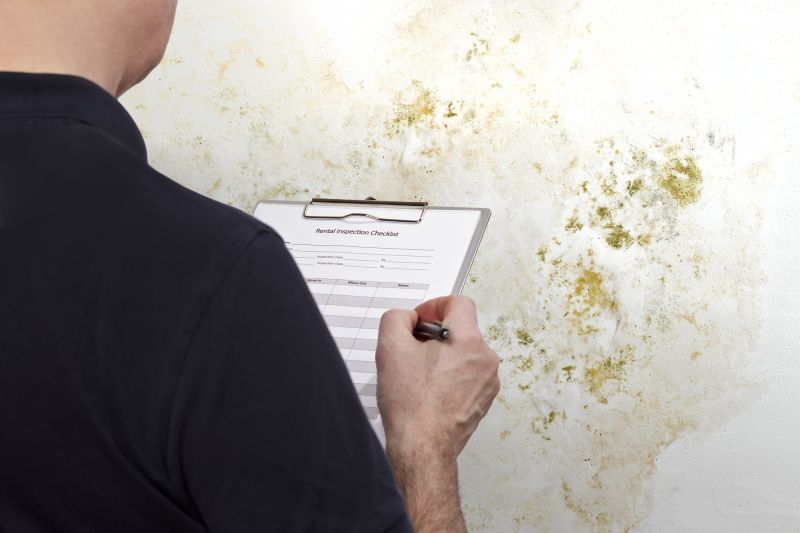
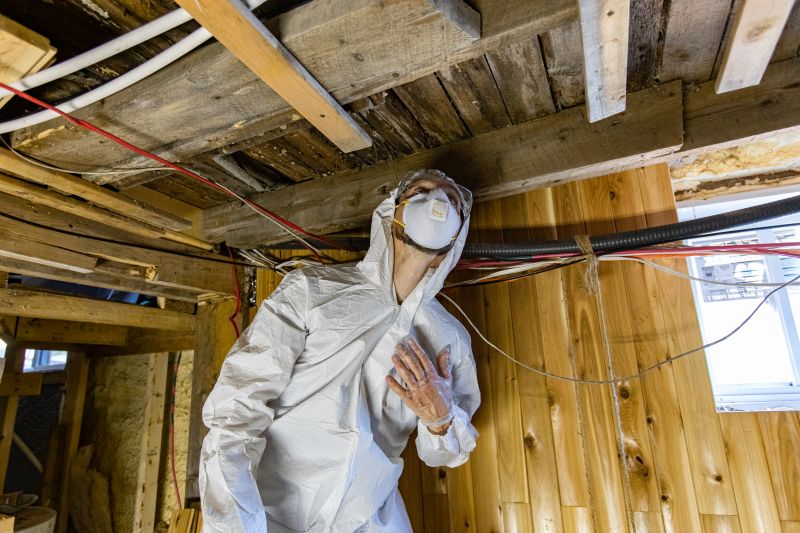
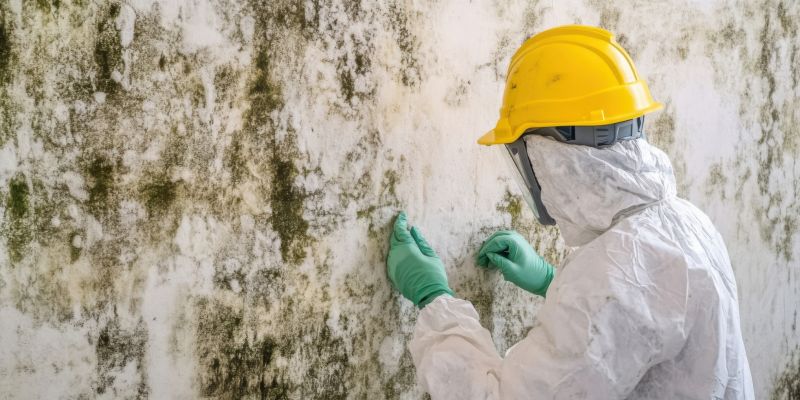
Mold inspection and testing services involve a thorough assessment of a property to identify the presence of mold growth and determine its extent. Skilled service providers use specialized tools and methods to detect mold indoors, even in hidden areas that are not visible to the naked eye. The process typically includes visual inspections and the collection of air or surface samples, which are then analyzed to identify mold species and concentrations. This comprehensive approach helps homeowners understand if mold is present, where it might be located, and whether it poses any health concerns.
These services are essential in addressing a variety of problems associated with mold growth. Common signs that may prompt a mold inspection include visible mold patches, a persistent musty odor, or recent water damage from leaks or flooding. Mold can cause or worsen respiratory issues, allergic reactions, and other health symptoms, especially for sensitive individuals. Testing helps determine if mold spores are present in the air at levels that could impact indoor air quality, guiding appropriate remediation steps to improve the safety and comfort of the living environment.
Mold inspection and testing are often sought after in residential properties such as single-family homes, apartments, and condominiums. They are also relevant for commercial buildings, rental properties, and multi-unit complexes where water intrusion or previous damage has occurred. Any property that has experienced leaks, high humidity, or flooding may benefit from an inspection to prevent mold from establishing a foothold. Homeowners and property managers can use these services as a proactive measure or as part of a response to suspected mold problems.
Understanding when to schedule a mold inspection can help prevent more serious issues down the line. If there are unexplained health symptoms, visible mold growth, or signs of water damage, it’s advisable to contact local service providers for testing. These professionals can accurately identify mold presence and provide guidance on the next steps for removal and remediation. By addressing mold concerns early, property owners can maintain healthier indoor environments and protect their investment from potential damage caused by mold growth.
The overview below groups typical Mold Inspection And Testing projects into broad ranges so you can see how smaller, mid-sized, and larger jobs often compare in Nashville, TN.
In many markets, a large share of routine jobs stays in the lower and middle ranges, while only a smaller percentage of projects moves into the highest bands when the work is more complex or site conditions are harder than average.
Smaller Mold Testing Jobs - Typical costs for routine mold inspections in Nashville and nearby areas range from $250 to $600. Many standard tests fall within this range, covering basic sampling and lab analysis for moderate-sized properties.
Comprehensive Mold Inspection - Larger or more detailed inspections, including multiple areas or complex environments, generally cost between $600 and $1,200. These projects are common for homes with visible mold or ongoing moisture issues.
Laboratory Testing and Analysis - The cost for lab analysis of mold samples usually ranges from $100 to $300 per sample. Many projects involve one or two samples, but more extensive testing can increase costs accordingly.
Full Mold Remediation Estimates - Complete mold removal and remediation services often start at $1,500 and can go beyond $5,000 for larger, more involved projects. Such costs are typical for extensive infestations requiring extensive cleaning and repairs.
Actual totals will depend on details like access to the work area, the scope of the project, and the materials selected, so use these as general starting points rather than exact figures.
Indoor Air Quality Testing - local contractors can assess overall air quality to identify mold spores and other airborne contaminants that may affect health.
Water Damage Restoration - professionals who handle water damage often perform mold inspections as part of their process to prevent mold growth after flooding or leaks.
Home Inspection Services - home inspectors may include mold testing and inspection to evaluate potential issues during property evaluations or prior to purchase.
HVAC System Cleaning - technicians who clean and maintain heating and cooling systems can identify mold growth within ductwork and air handlers.
Asbestos and Hazardous Material Testing - specialists in hazardous materials often conduct inspections that include mold assessments in affected areas.
Remediation Planning - mold remediation companies develop cleanup plans based on initial mold testing and inspection results to ensure thorough removal.
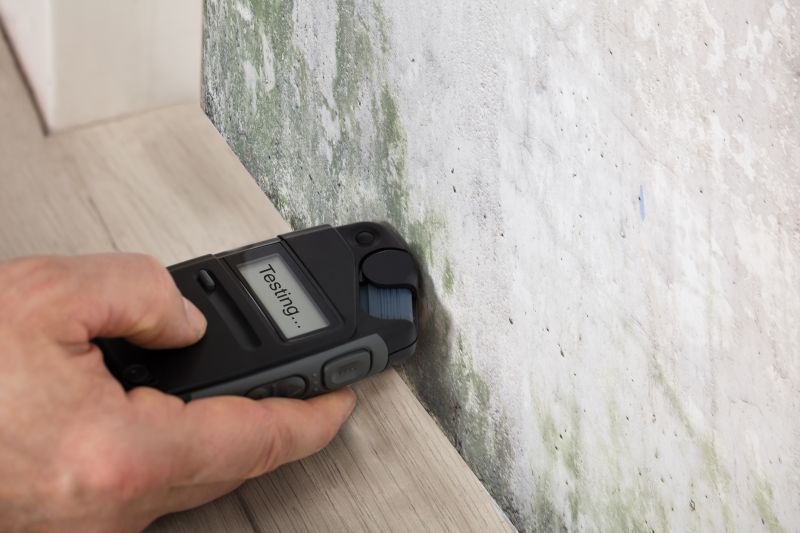
When comparing mold inspection and testing service providers in Nashville and nearby areas, it’s important to consider their experience with similar projects. Homeowners should look for local contractors who have a proven track record of handling mold assessments in residential settings comparable to their own. An experienced professional will be familiar with common issues in the region and know how to identify potential sources of mold accurately, which can lead to more effective testing and recommendations.
Clear written expectations are essential when evaluating potential service providers. Homeowners should seek out detailed information about what the mold inspection and testing process involves, including what is included in the service and what results to expect. Having a transparent understanding helps ensure that there are no surprises and that the scope of work aligns with the homeowner’s concerns. Good communication from the contractor about these details can also facilitate a smoother process and better decision-making.
Reputable references and a history of good communication are valuable indicators of a reliable service provider. Homeowners are encouraged to ask for references or reviews from previous clients who had similar mold concerns. This feedback can provide insights into the contractor’s professionalism, thoroughness, and ability to communicate clearly throughout the project. Since the site introduces homeowners to local options rather than performing the work itself, it’s important to choose a service provider with a reputation for dependable service and clear, ongoing communication to ensure the project meets expectations.
Property owners in Nashville, TN use Mold Inspection And Testing services for practical projects around their homes and businesses. This guide focuses on everyday jobs and straightforward project options.
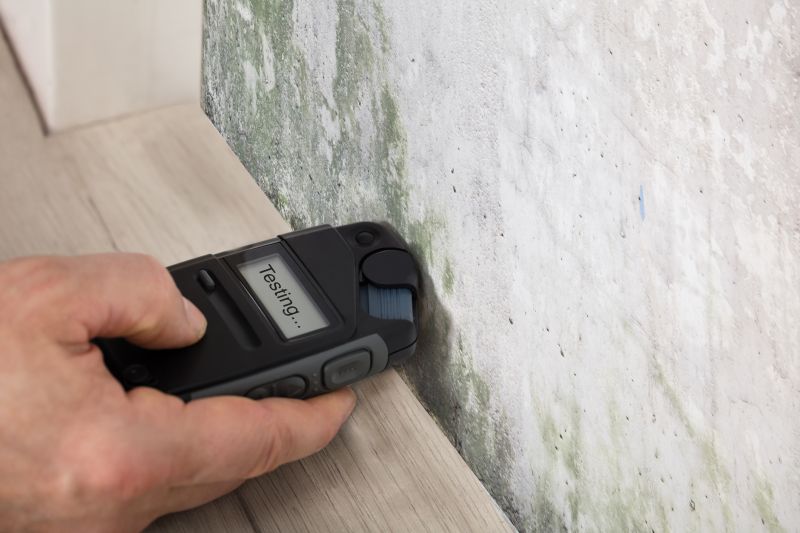
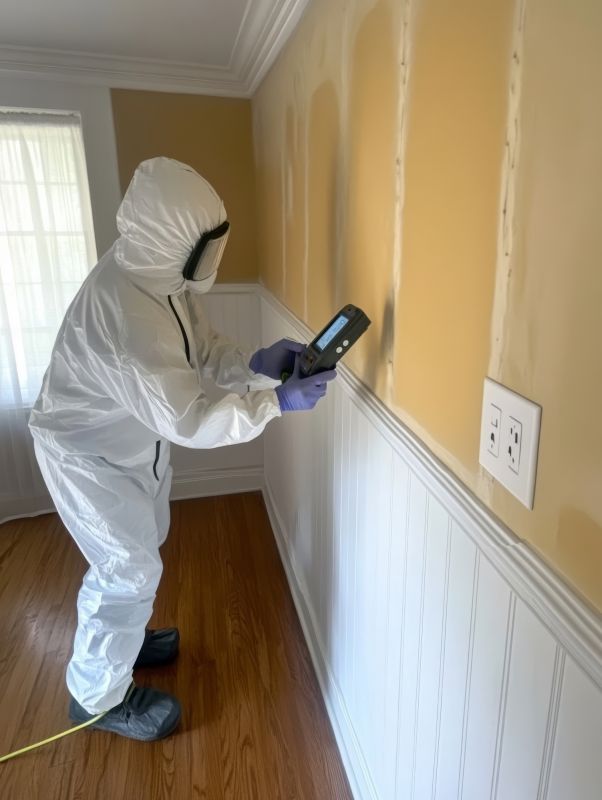
Mold inspection and testing services are often sought by property owners in Nashville, TN, when signs of moisture or water damage appear inside a home or commercial building. Common situations include after a recent flood, a persistent musty odor, or visible mold growth on walls, ceilings, or other surfaces. Homeowners may also look for testing if they notice allergy-like symptoms among family members or tenants that could be linked to mold presence. In these cases, local contractors can provide the necessary inspections to identify hidden mold issues that might not be immediately visible.
Property owners might also consider mold testing during real estate transactions, such as before buying or selling a property in Nashville. This helps ensure that mold isn’t present or isn’t hidden behind walls, which could affect the value or safety of the property. Additionally, those renovating or remodeling older buildings may seek mold testing to prevent potential health concerns or structural problems caused by unseen mold growth. Local service providers are available to perform thorough inspections and testing to help address these everyday project situations.
What is involved in a mold inspection? A mold inspection typically includes a visual assessment of the property and may involve testing to identify mold presence and types, helping to determine if remediation is needed.
Why is mold testing important? Mold testing can help detect hidden mold growth and identify the extent of contamination, enabling informed decisions about necessary cleanup or repairs.
How do local contractors perform mold inspections? Local service providers conduct inspections by examining indoor spaces for visible mold, moisture issues, and using testing methods to assess mold levels and potential health risks.
When should I consider mold testing? Mold testing is recommended if you notice signs like musty odors, visible mold growth, or unexplained health symptoms that may be related to mold exposure.
What types of testing methods are used for mold detection? Common methods include air sampling, surface testing, and bulk sampling, which help identify mold spores and contamination levels within a property.
Identify hidden mold issues - Mold inspection and testing can reveal unseen mold growth behind walls or under flooring, helping property owners address problems early.
Ensure indoor air quality - Testing services can help detect mold spores that may affect indoor air quality, especially in homes with allergies or respiratory concerns.
Verify remediation effectiveness - After mold removal, testing can confirm that the mold has been properly eliminated and the space is safe to occupy.
Assess moisture problems - Mold testing can identify moisture sources contributing to mold growth, guiding repairs to prevent future issues.

If you are thinking about Mold Inspection And Testing for a property in Nashville, TN, this guide is meant to help you understand the work, the typical project types, and how different options might fit your plans.
When you are ready, you can use the quote form on this page to share a few details about your project. From there, local pros can review the basics and respond with options that match what you have in mind.
